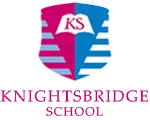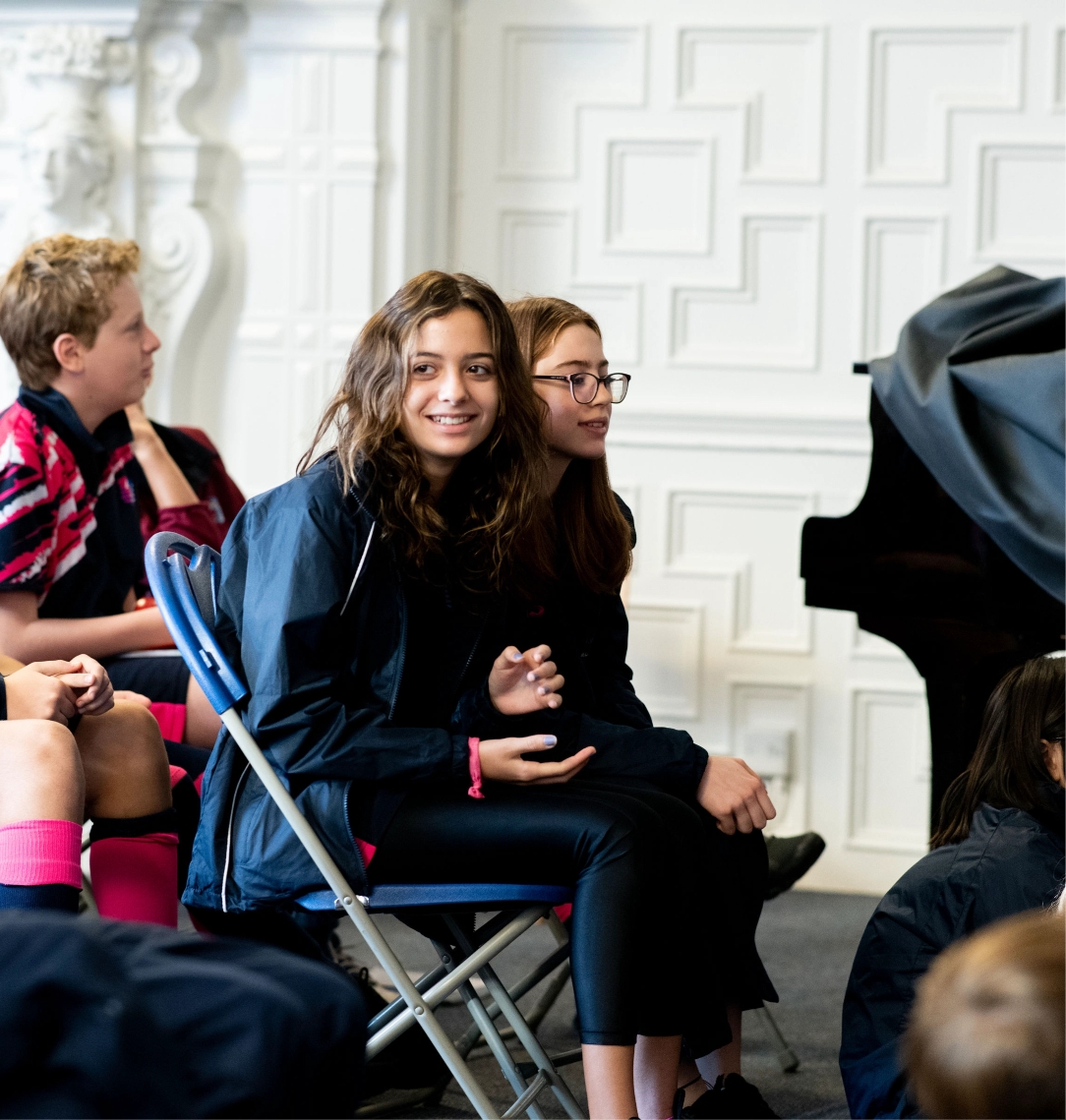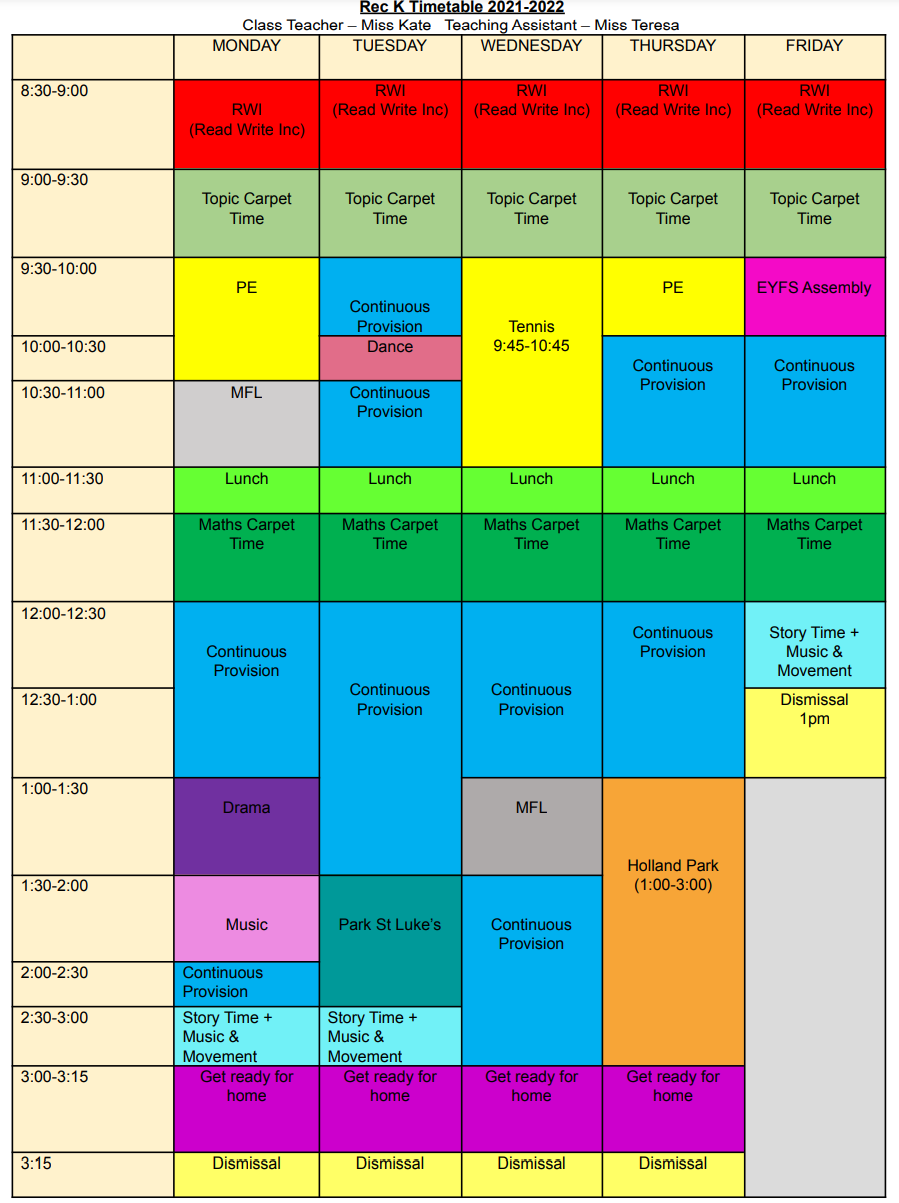Foundation Stage Curriculum
—
In the Early Years of Knightsbridge School, we use and follow the Statutory Framework for the Early Years Foundation Stage 2021. Children in the Foundation Stage learn the EYFS curriculum through the Birth to 5 Matters incorporating the prime areas of; Physical Development, Communication and Language and Personal, Social and Emotional Development. These Prime Areas underpin the basics and support the other areas of learning. We also focus on the four specific areas; Literacy, Maths, Understanding the World and Expressive Arts and Design. Children primarily learn through play and teachers act as facilitators of their learning, moving each child forward at their own pace. Positive, consistent and unique learning experiences in the early years benefit children in developing social skills and enhance their overall ability to learn and enhance their social skills which will then benefit them for the rest of their time in school.
+Literacy
We instil a love of Literacy from the start of the Foundation Stage. Each classroom has a welcoming and inviting Literacy and reading area and children develop reading and writing skills through adult-led and child-initiated activities. Story time features as an important part of the day, where children enjoy listening to and discussing stories. We use the Read, Write, Inc. scheme to teach children phonics. The children begin learning letter sounds in the Nursery and the scheme works progressively and systematically throughout Reception, where the children learn to independently read and write using Ditty Books. Children at Knightsbridge School are encouraged to ‘write for a purpose.’ This then means for example children will write letters, lists, post cards, Christmas cards, labels or recounts.
+ Maths
Children acquire skills in numbers and space, shape and measure through a range of practical, hands-on activities. Mathematics in the Early Years is also spilt into Number and Numerical Patterns. Each Foundation Stage classroom has a Maths area and hands on task where the children explore mathematical concepts and develop their understanding. Maths is taught daily in whole class and small group sessions as well as being an intrinsic part of independent learning during self-selective activities (Continuous Provision).
+ Self-selective activities (Continuous Provision)
Continuous provision forms the most part of a Foundation Stage timetable. Children learn through topics which change half-termly and the whole EYFS curriculum is represented in these sessions. Children independently choose activities which are carefully planned and set up in the relevant areas of the classroom. Adults also direct the learning and teaching every day by adapting plans to facilitate the children’s interests. Children become independent and enthusiastic learners who push their own learning forward. They acquire and consolidate skills and knowledge through inquiry, investigation, exploration and perseverance.
+ Outdoor Learning
Physical development is an important part of the EYFS curriculum and is an area we focus on at KS. We make use of all the available outdoor space in close proximity to the school. Children enjoy Forest School sessions at Holland Park, where they explore nature and learn about forest animals and their habitats. We use St Luke’s park and the Holland Park Adventure Playground as a free play playground, enabling the children to climb, swing, jump, run and balance on all the apparatus. Reception children also learn to play tennis in Cadogan Gardens.
+ Performing Arts
Our KS code tells us to ‘do something creative every day’. Music, Drama and Dance lessons are a highlight of the Foundation stage timetable and are taught by highly-skilled specialist teachers. The Nursery and Reception classes perform a Christmas Play (Twas the Night Before Christmas and Santa is on Strike) every year, as well as taking part in Harvest Festival, a Summer Show, and class assemblies.
+ Languages
All children in the Foundation Stage learn a second language. Children can learn either French or Spanish and they have two 30 minute lessons a week.


